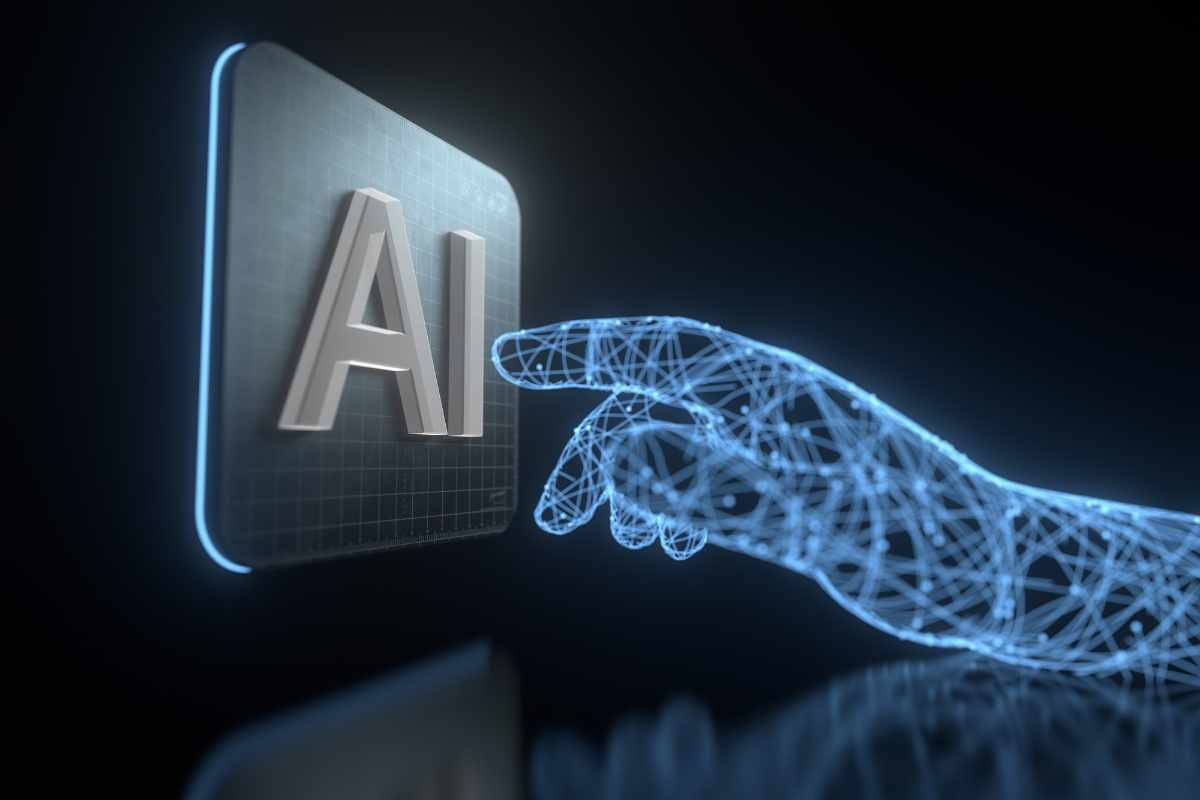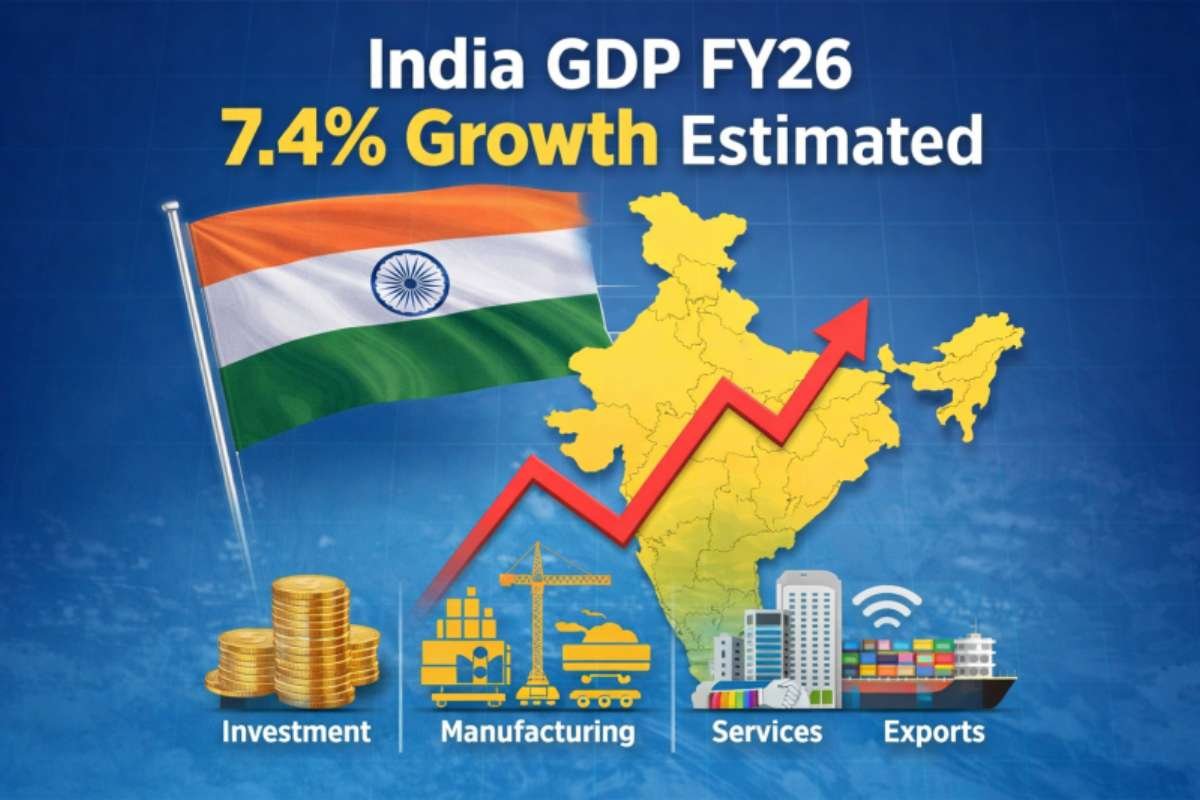Artificial intelligence (AI) is revolutionizing the global landscape, and India is no exception. With its rich technological infrastructure and rapidly growing IT industry, India is poised to become a global leader in AI innovation. From healthcare to agriculture, AI is being integrated into numerous sectors, fostering increased productivity and efficiency. This article delves into the various artificial intelligence applications in India and highlights how these technologies are impacting daily life and the economy.
The Rise of AI in India
In recent years, India has been investing heavily in AI research and development. The Indian government, in collaboration with private enterprises, has launched multiple initiatives aimed at leveraging AI to address national challenges. With a population of over 1.4 billion, the scope for artificial intelligence applications in India is vast, ranging from improving public services to advancing industrial automation.
India’s AI strategy, led by institutions such as NITI Aayog, focuses on five key sectors: healthcare, agriculture, education, smart cities, and transportation. Each of these sectors is being transformed by artificial intelligence applications in India, creating an environment ripe for innovation and growth.
AI in Healthcare
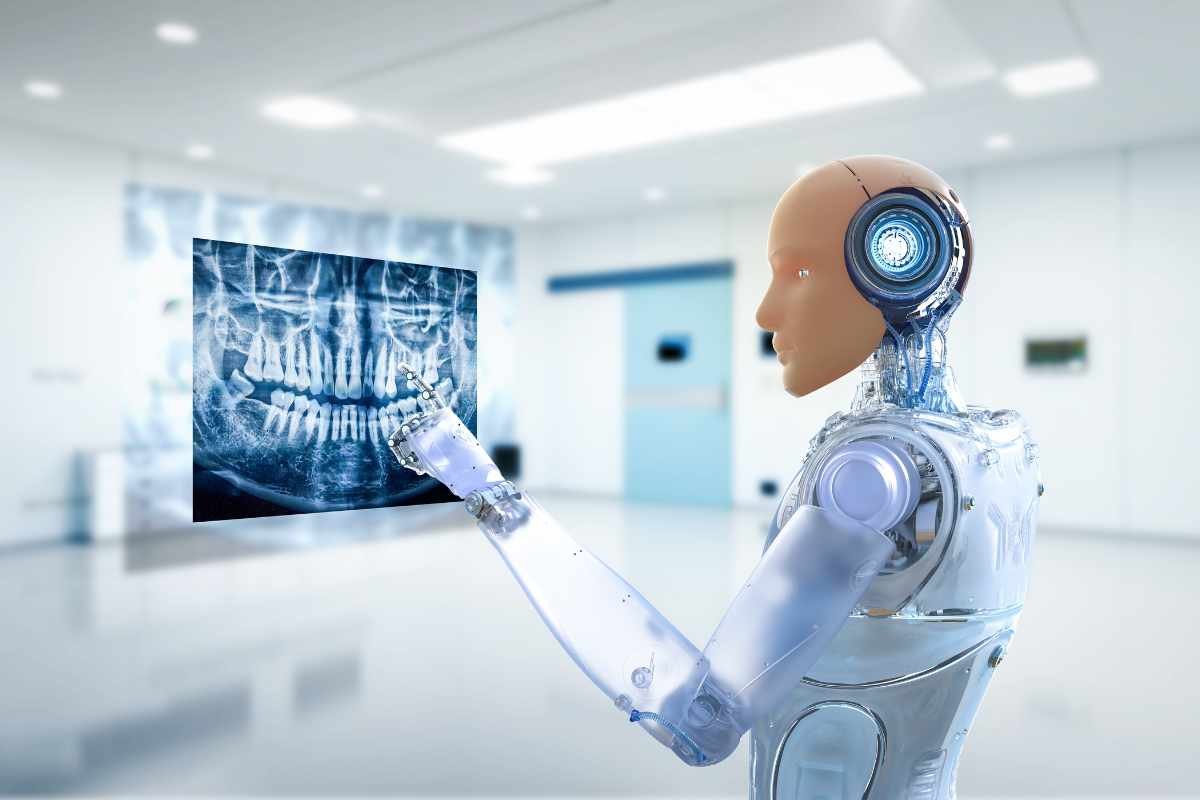
One of the most prominent artificial intelligence applications in India is in the healthcare sector. With the country facing an increasing demand for medical services and a shortage of healthcare professionals, AI has emerged as a powerful tool to bridge this gap.
AI-powered systems are being used to improve diagnostics, assist in surgical procedures, and provide personalized treatment plans. For instance, AI algorithms can analyze medical images, such as X-rays or MRIs, to detect early signs of diseases like cancer or tuberculosis. These AI tools help doctors make faster and more accurate diagnoses, ultimately saving lives.
Moreover, AI is playing a crucial role in drug discovery and development. Indian pharmaceutical companies are using AI-driven models to predict the efficacy of new drugs, speeding up the process of bringing lifesaving medications to market. Telemedicine platforms powered by AI are also allowing patients in remote areas to access quality healthcare without the need for physical visits.
AI in Agriculture
India is an agrarian economy, with a significant portion of its population reliant on farming for their livelihood. To address the challenges of low productivity, inefficient resource usage, and climate change, artificial intelligence applications in India are being increasingly adopted in agriculture.
AI-powered tools are helping farmers monitor soil health, predict weather conditions, and optimize crop management. These tools analyze vast amounts of data collected from sensors, satellite imagery, and weather forecasts to provide actionable insights. For instance, AI models can predict the best time for sowing seeds, applying fertilizers, and harvesting crops, helping farmers maximize yields.
Drones and automated machinery, driven by AI, are also being used to improve farm operations. They help in monitoring crop health, spraying pesticides with precision, and reducing the need for manual labor. By integrating AI into agriculture, India is not only improving its food security but also promoting sustainable farming practices.
AI in Education
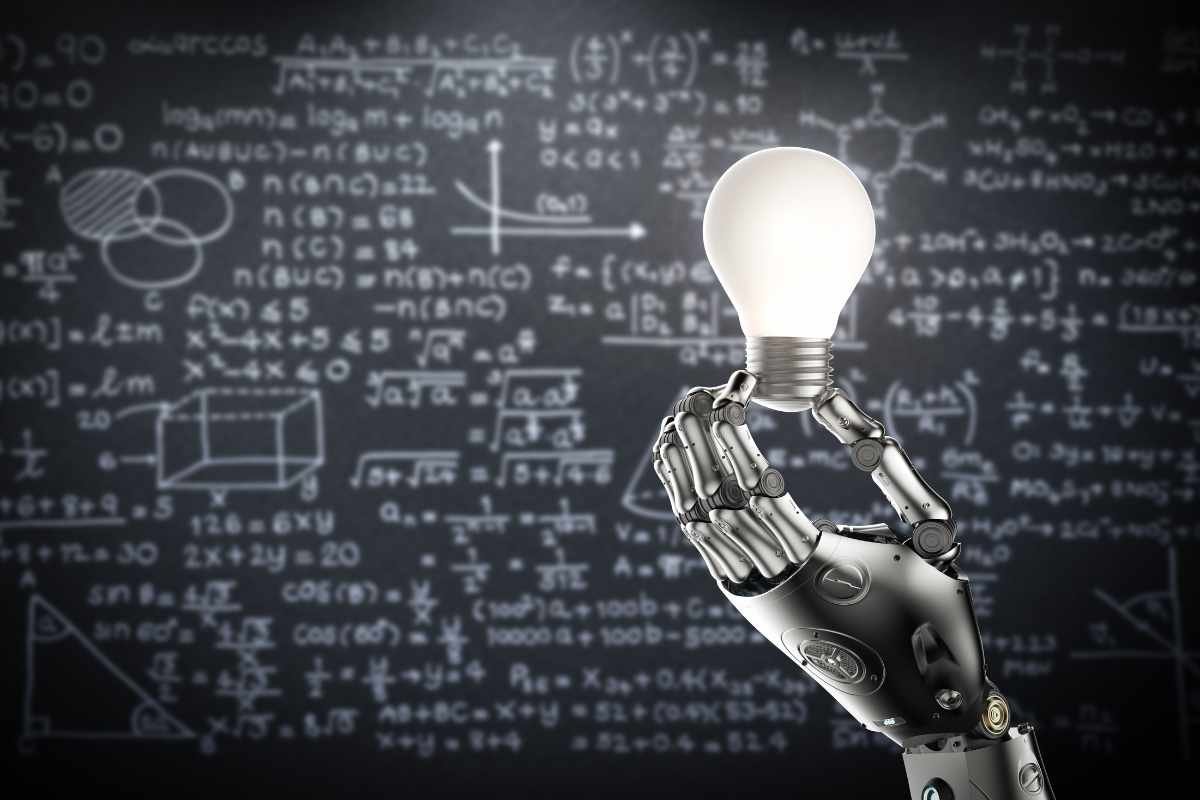
Education is another sector where artificial intelligence applications in India are making a significant impact. With millions of students across the country, AI is being used to personalize learning experiences, enhance teaching methods, and streamline administrative tasks.
AI-driven platforms offer personalized learning paths based on a student’s strengths and weaknesses. These platforms use adaptive algorithms to analyze a student’s performance and adjust the curriculum accordingly. For example, if a student struggles with a particular topic, the AI system can provide additional resources or exercises to help them master the subject.
Moreover, AI-powered chatbots are being used to assist students with queries, reducing the need for constant teacher intervention. These chatbots can answer common questions, provide feedback on assignments, and even suggest learning materials.
In addition to improving student outcomes, AI is being used to automate administrative tasks such as attendance tracking, grading, and scheduling. This allows educators to focus more on teaching and less on paperwork.
AI in Smart Cities
The Indian government’s Smart Cities Mission aims to promote sustainable and inclusive urban development. AI plays a crucial role in achieving this vision by enhancing public services, improving infrastructure, and promoting environmental sustainability.
One of the key artificial intelligence applications in India in this area is the use of AI-powered surveillance systems for city safety. These systems use facial recognition technology and predictive analytics to monitor public spaces and detect potential threats in real time. They can alert authorities to incidents like traffic violations or suspicious activities, ensuring a safer environment for citizens.
AI is also being used to optimize urban mobility. Traffic management systems powered by AI analyze data from various sources, such as CCTV cameras and GPS devices, to predict traffic congestion and suggest alternative routes. This reduces travel time, minimizes fuel consumption, and lowers pollution levels.
In addition, AI is helping in the efficient management of utilities like electricity and water. By analyzing consumption patterns, AI systems can predict demand and ensure that resources are distributed optimally, reducing waste and lowering costs.
AI in Transportation
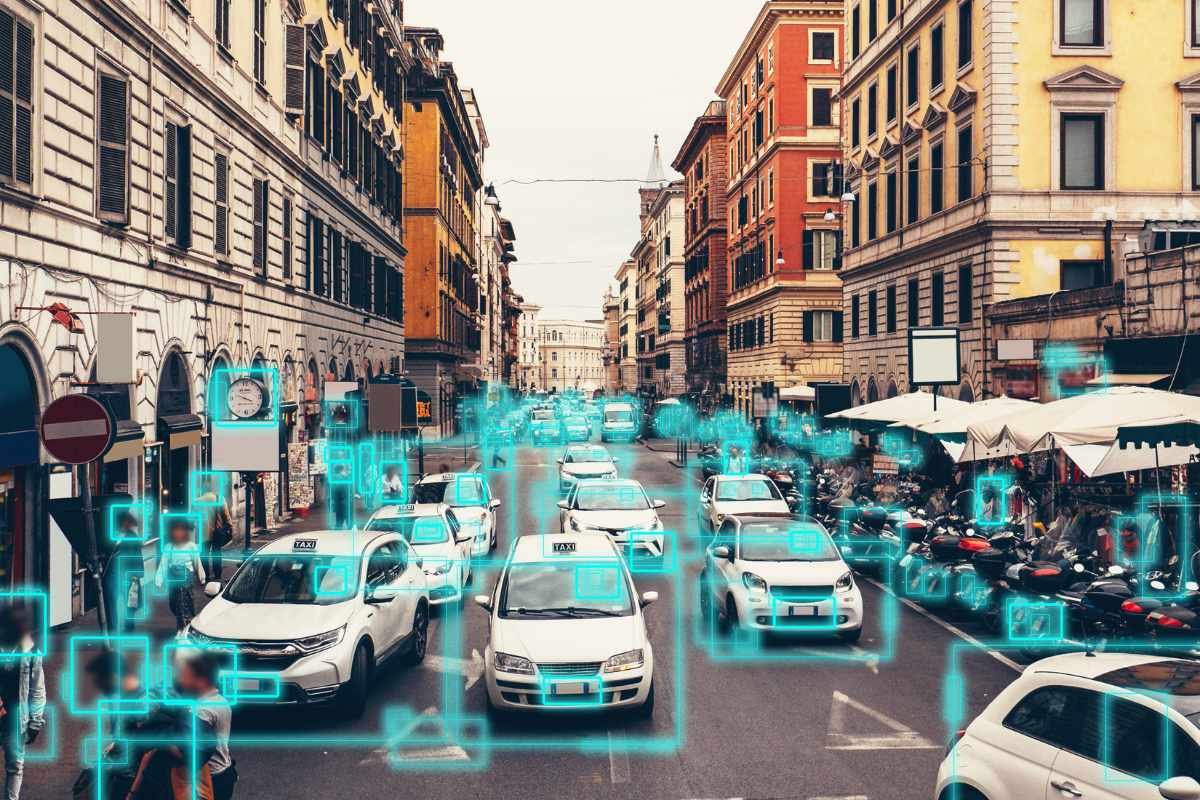
AI is revolutionizing India’s transportation sector. Companies are developing autonomous vehicles that use AI for navigation and real-time decision-making. AI also enhances public transportation by optimizing schedules through predictive analytics, reducing wait times, and improving resource allocation. Additionally, predictive maintenance systems monitor infrastructure to prevent breakdowns and reduce repair costs.
Conclusion
As this article illustrates, artificial intelligence applications in India are reshaping multiple industries, enhancing efficiency, and improving the quality of life. From healthcare to education, agriculture to transportation, AI is playing a pivotal role in addressing some of the country’s most pressing challenges.
While there is still much to be done in terms of infrastructure and skill development, India’s growing focus on AI research and innovation sets the stage for continued growth in this field. As these artificial intelligence applications in India continue to evolve, they will undoubtedly pave the way for a more technologically advanced and prosperous future.
Found this article valuable? Explore more insights in our Business Viewpoint Magazine.



